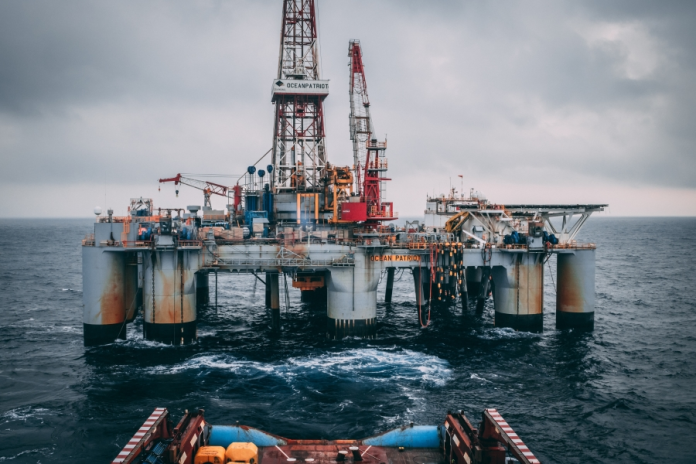About the course: Deep Learning is a part of Machine
Learning used to solve complex problems and build intelligent solutions. The
core concept of Deep Learning has been derived from the structure and function
of the human brain. Deep Learning uses artificial neural networks to analyze
data and make predictions.
Oil and gas industries are facing several challenges and
issues in data processing and handling. Large amount of data bank is generated
with various techniques and processes. The proper technical analysis of this
database is to be carried out to improve performance of oil and gas industries.
This training provides a comprehensive state-of-art
review in the field of deep learning to solve oil and gas industry problems. It
also narrates the various types of Neural Networks and deep Neural Networks. which
can be used for data processing and interpretation in different sectors of
upstream oil and gas industries.
Deep learning drives many artificial intelligence (AI)
applications and services that improve automation, performing analytical and
physical tasks without human intervention. Deep learning technology lies behind
everyday products and services.
Learning Objectives: The main objective of this course is to make students comfortable with tools and techniques required in handling large amounts of datasets. They will also uncover various deep learning methods in NLP, Neural Networks etc. Several libraries and datasets publicly available will be used to illustrate the application of these algorithms. This will help students and professionals in developing skills required to gain experience of doing independent research and study.
Prerequisites: High-school level calculus (differentiation, partial derivatives). Basic probability and statistics knowledge (random variable, expectation, variance)
Topics to be covered:
- Introduction to Neural Networks
and deep Neural Networks.
- Introduction to Tensor flow and
Keras
- Convolutional Neural Networks
- Recurrent Neural Networks
- Transfer Learning
- [Case Study] Production
performance Forecasting with Deep Neural Networks
- [Case Study] Drilling Optimizations' with deep learning
- [Case Study] Core image
classification.


